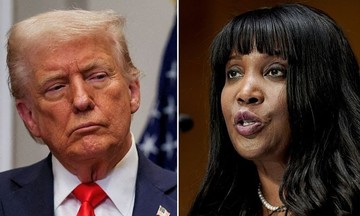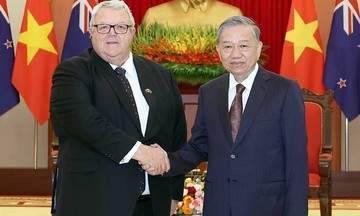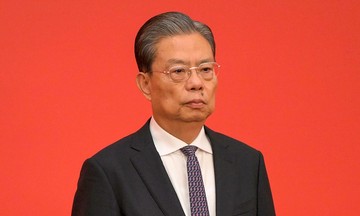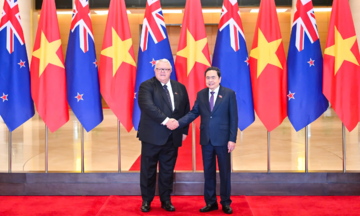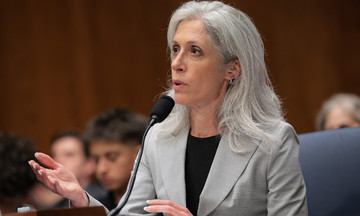The US Department of Homeland Security (DHS) proposed adjustments to visa regulations on 28/8, according to a Federal Register notice. The proposal would limit international students' stays in the US to a maximum of four years, instead of the current "duration of study" policy.
Under the proposal, individuals entering the US on F or J visas would be granted a maximum stay of four years, or the period specified on their I-20 or DS-2019 forms, whichever is shorter.
Upon completing their program or internship, students would have 30 days to depart or apply for an extension with valid justification.
The draft states, "DHS believes that a 4-year period is not unduly burdensome on the majority of students, as most are able to complete their programs within this timeframe".
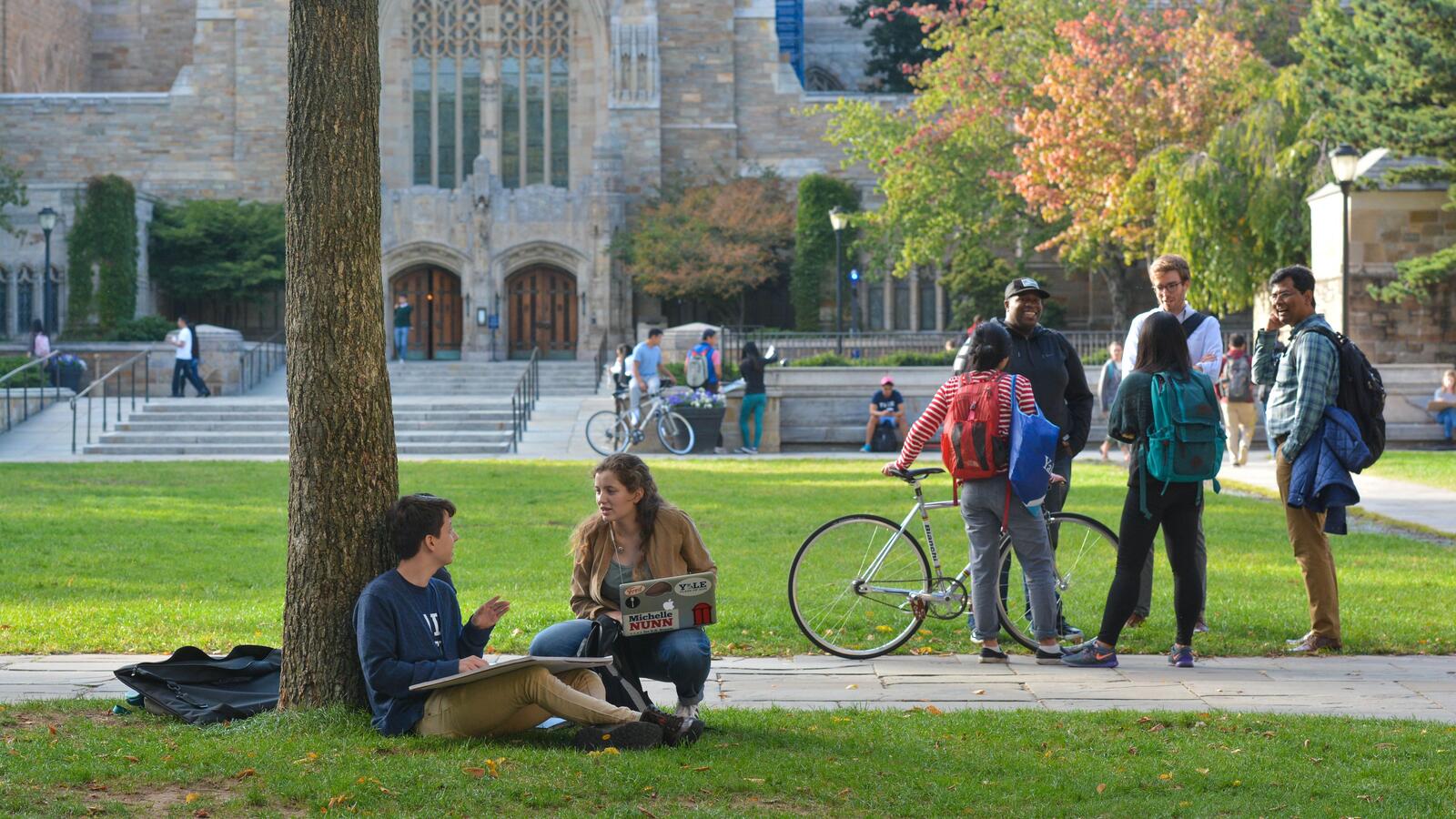 |
Yale University campus. Photo: Yale University |
Yale University campus. Photo: Yale University
DHS acknowledged that the new rule could present challenges for students in programs exceeding four years, requiring additional paperwork. However, the agency believes it will address a loophole exploited by some international students who "take advantage of US generosity" to become "perpetual students".
Since 1978, international students have been allowed to extend their visas as long as they maintain "student status." DHS suggests this has allowed some individuals to remain in the US indefinitely by continuously enrolling as students.
A DHS spokesperson commented on 27/8, "For years, previous administrations have allowed international students and other visa holders to remain in the US almost indefinitely, creating security risks, budget burdens, and disadvantages for US citizens".
If implemented, the new rule would require international students to undergo regular DHS vetting for visa extensions.
International student organizations strongly oppose the proposal. Miriam Feldblum, president of the Presidents' Alliance on Higher Education and Immigration, argued that international students deserve assurance that their visa duration aligns with their academic program, stating, "They are already under close scrutiny by DHS and their schools".
Fanta Aw, CEO of NAFSA: Association of International Educators, warned that the new rule could discourage prospective international students, harming the US economy and global competitiveness.
A report by the Institute of International Education revealed a decline in fall semester applications at 35% of US universities this year, compared to a 17% decrease the previous year.
Experts note this trend could severely impact university finances, as international students often pay higher tuition fees and receive less financial aid than their American counterparts.
Thanh Danh (Politico, USFR)




